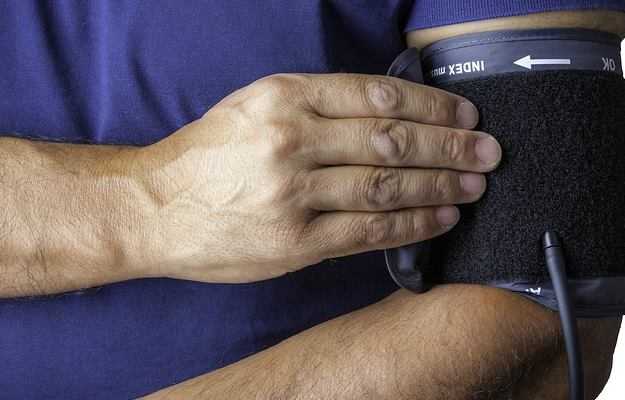What is Pulmonary hypertension?
Pulmonary hypertension is a condition characterised by increased blood pressure in the arteries of the lungs as a result of thickening and narrowing of the blood vessels. Thus, it is harder for the heart to pump out adequate blood to the lungs and rest of the body. When the heart has to continually pump harder, it can become weak and ultimately fail.
What are its main signs and symptoms?
A person suffering from pulmonary hypertension usually feels fatigued and experiences difficulty in performing demanding tasks or exercises. Other signs and symptoms of this condition which require urgent attention are:
- Constant low blood pressure.
- Feeling of pressure in the chest area.
- A chronic cough.
- Shortness of breath and fluctuating heart rates.
- Swelling of the legs, ankles, feet or abdomen.
What are the main causes?
The main cause of developing pulmonary hypertension is thickening of the walls of the pulmonary arteries, which narrows the passage and makes it harder for the blood to flow, resulting in increased blood pressure in the pulmonary arteries. Other conditions which may also result in pulmonary hypertension are:
- Left-sided heart diseases like valve defects, aortic stenosis and others.
- Lung diseases like chronic obstructive pulmonary disease and diseases that cause venous occlusion or obstruction.
- HIV infection.
- Drug abuse.
- Thyroid gland disorder.
- Scleroderma (a type of autoimmune skin disease)
- Blood clots or tumours blocking the lung arteries.
How is it diagnosed and treated?
The physician performs a physical examination of the body, especially the heart and lungs. Medical history including family history and medication history is elicited. If pulmonary hypertension is suspected, the physician may suggest more definitive tests such as:
- Chest X-ray.
- 2D Echocardiogram.
- Right heart catheterisation to measure the blood pressure in the pulmonary arteries.
- An electrocardiogram (ECG) is also suggested to check the rhythm and activity of the heart.
- Blood tests to find any other issues which can contribute to this condition.
When diagnosed in the early stages, medications are available which can help resolve the narrowing of the pulmonary arteries or help in removing clots. Medications used in the early stages are:
- Warfarin can be prescribed which helps in thinning of the blood and prevents clot formation.
- Diuretics remove the excess fluids from the body.
- Calcium channel blockers control the blood pressure.
- Digoxin improves the functioning of the heart.
In the advanced stages of pulmonary hypertension, stem cell therapy or a lung transplant may be performed.

 OTC Medicines for Pulmonary Hypertension
OTC Medicines for Pulmonary Hypertension















